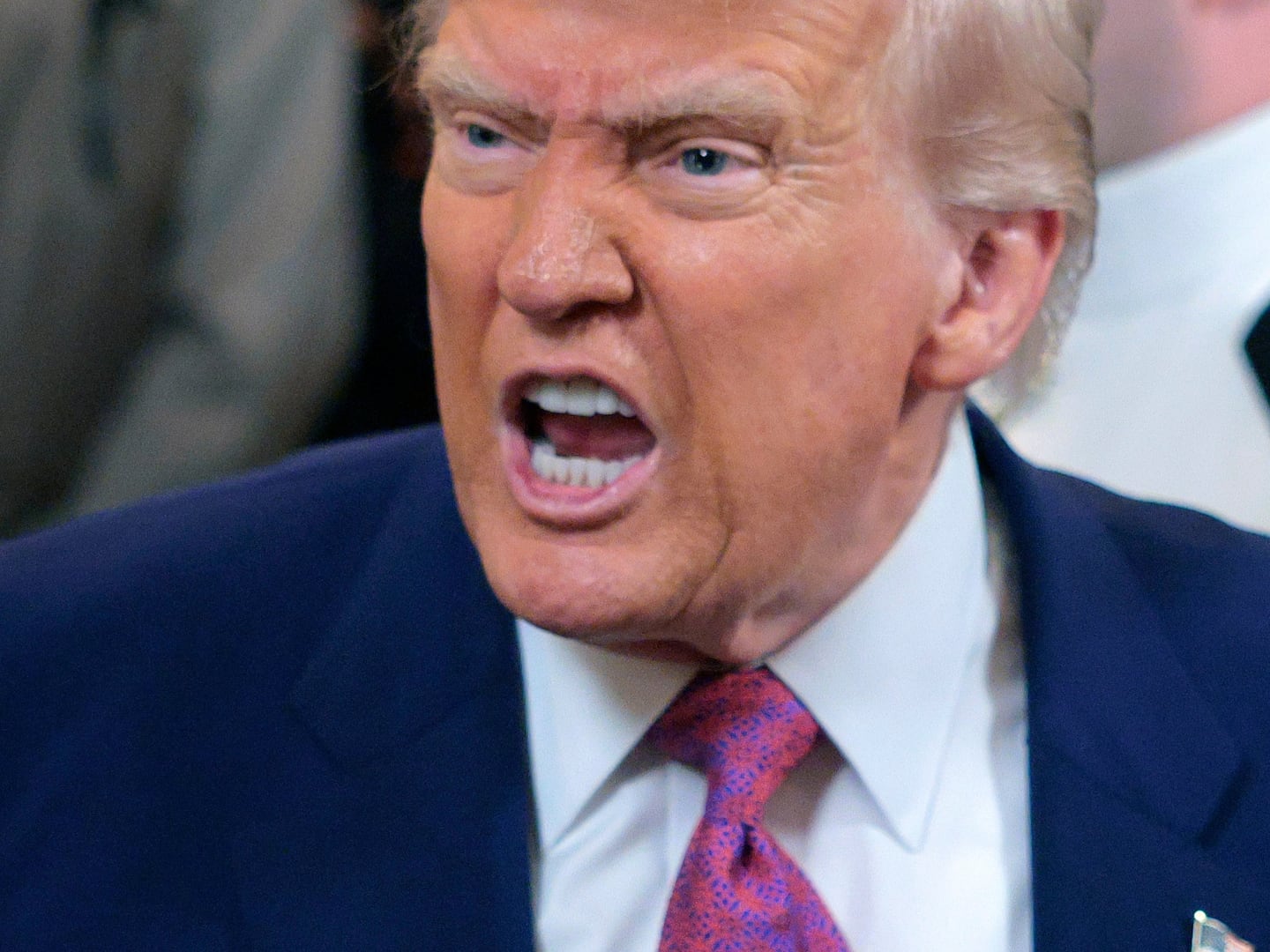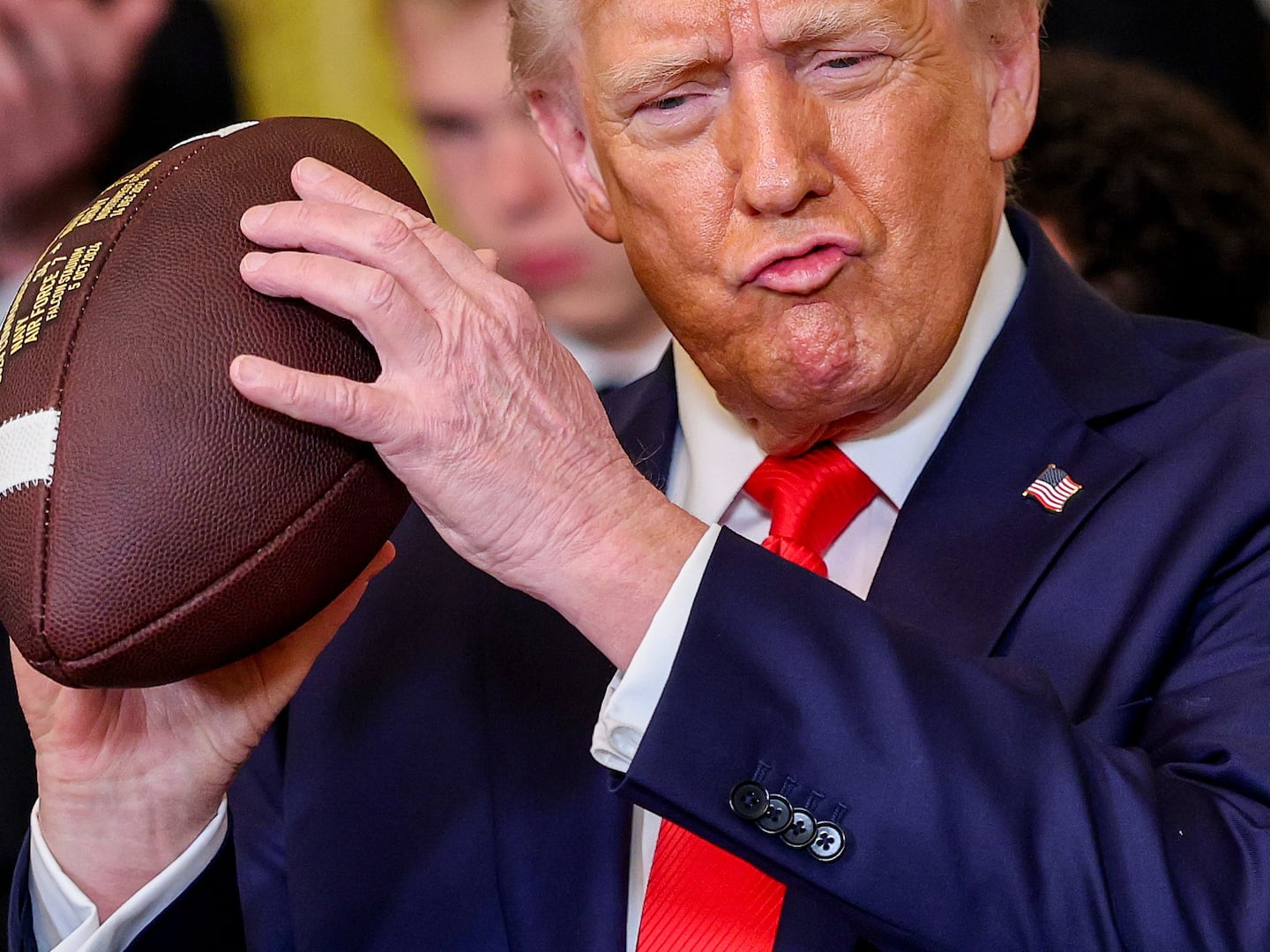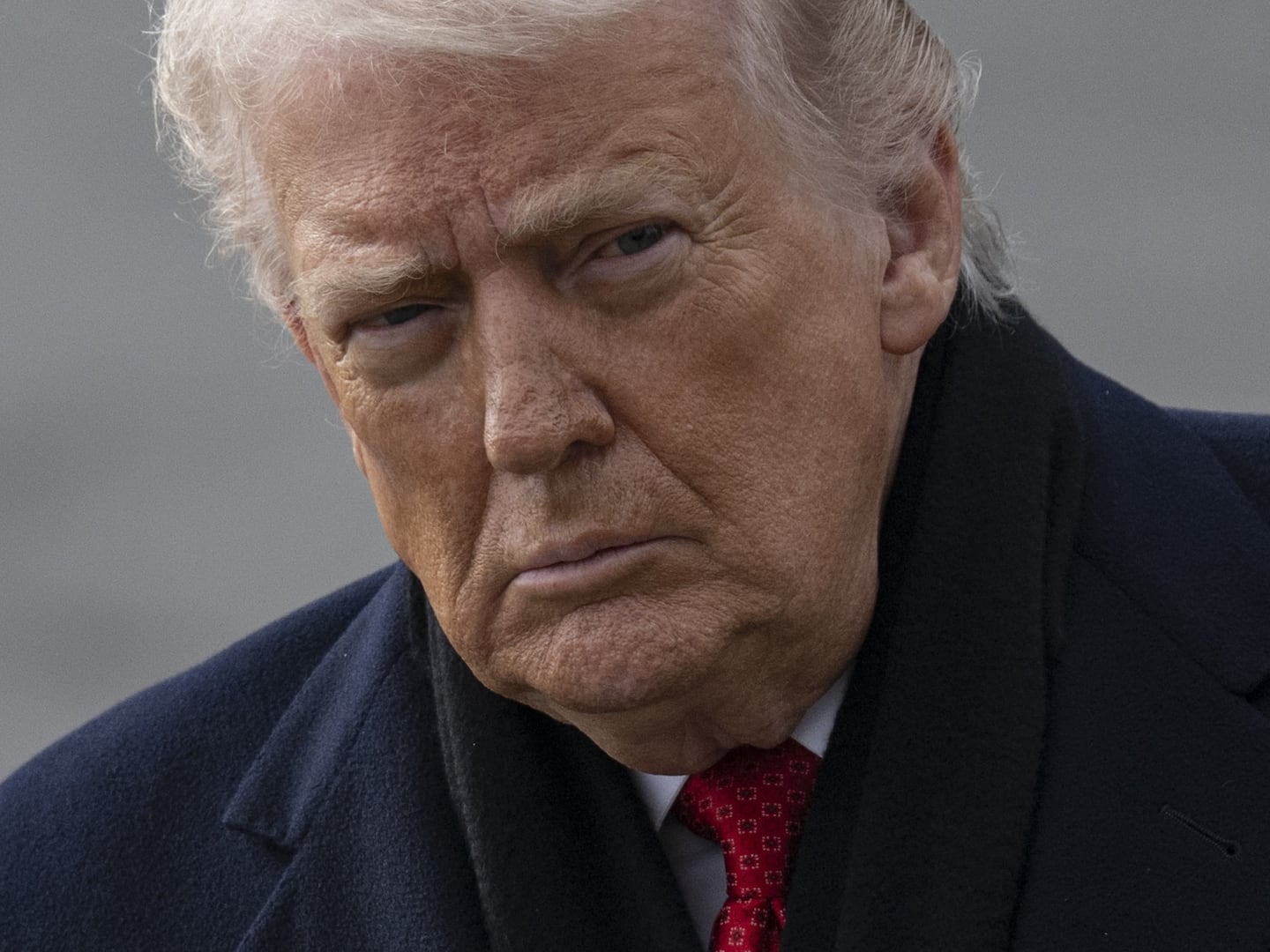
Tomorrow, the Financial Crisis Inquiry Commission begins, on the face of it, a hopeless task. Ten experienced professionals from across the political spectrum, with former California State Treasurer Phil Angelides as their chairman, are charged with determining what “caused” the financial crisis of 2008-09. Beyond the near-impossible task of reaching a bipartisan consensus, the commission must reconcile an overload of competing technical opinions and its rather vague mandate—in public.
The cynics have already dismissed the commission as poorly designed (at best) and an establishment whitewash (at worst).
Focus on what people understand and can remember: The Money. Goldman’s bonuses, to be announced next week, are expected to be around $595,000 per employee.
Yet, rather against the odds, a glimmer of serious hope appears. The timing of the commission’s first hearings— beginning with the heads of four major banks, including Goldman Sachs CEO Lloyd Blankfein—coincides with the start of this year’s bonus season for those very same banks. These firms are all slated to pay out very large sums of money for performance—with headline numbers at or above the level of 2007, i.e., right before the crisis.
Banking experts agree that how bank employees are paid matters a great deal for what a bank does. If you reward people for taking risk, they’ll take risk. If you pay traders far more than you pay risk managers, the best and the brightest will go into trading and risk management will wither. And if executive pay is well-padded, irrespective of what happens, you will get some good years—when everyone is lucky—and some incredibly bad years, like 2008.
Bonuses have the chance to grab the public’s interest. No matter how you look at it, everything about the banks can be brought back to the bonuses—then and now. All other issues naturally become quite technical and even boring, but the commission’s hearings have a chance to become memorable—where technical issues cross over to catch the public imagination. This is exactly what happened in the Pecora Hearings in the 1930s and this is what needs to happen today.
Our biggest banks are blowing serious smoke. Blankfein has argued in the recent past that their compensation system is the best possible and therefore remains unchanged. Of course, such logic doesn’t explain why they needed a de facto rescue package in September 2008, via unfettered access to Federal Reserve lending.
The commission must push him on that. Here are some logical lines of questioning:
• If Blankfein says that they didn’t need to be saved, then why did he go to such efforts to ensure Goldman (along with Morgan Stanley) could become a bank holding company (thus gaining access to Fed money)? And if he does acknowledge that this effectively saved Goldman Sachs, how can he justify the bonuses of 2008 and 2009?
• High profits and mega-bonuses before the crash were a warning sign that should not have been ignored—a point that Larry Summers likes to make. Surely, Mr. Blankfein, Goldman’s bonuses for 2009—likely to come in around $20 billion—should be viewed in the same way?
• The existing public record—documented in Andrew Ross Sorkin’s Too Big To Fail—tells us that the Goldman board had a significant meeting, in Moscow of all places, with Treasury Secretary Henry Paulson at the end of June 2008. This meeting was not disclosed, apparently by some sort of mutual understanding, in the standard and appropriate matter on Mr. Paulson’s calendar. How do you take an item like this—small by itself but representing so much more in terms of both symbolism and substance—and use it to catch people’s imagination?
The answer is simple, focus on what people understand and can remember: The Money. Goldman’s bonuses, to be announced next week, are expected to be around $595,000 per employee. And back in 2007, they were… around $600,000 per person.
That’s a staggering amount of money by any standard and obviously some individuals will receive much more. But the point is to push further, with specific numbers, names, and dates that stick in everyone’s mind. Commission member Brooksley Born, the former head of the U.S. Commodity Futures Trading Commission who pushed—presciently, but without success—for greater regulation of derivatives in the late 1990s, is exactly the sort of person who can see through financial firms’ smokescreens.
There is a time for subtle and deft strategy. And there is a time for making an important point and pounding it into the ground. Now is that time.
Did the extraordinary size and irresponsible structure of bonuses in 2007 help lead the financial system into trouble? Don’t today’s stunning bonuses point in the same direction?
Answer the question, Mr. Blankfein.
Simon Johnson is a professor at MIT’s Sloan School of Management, and a senior fellow at the Peterson Institute for International Economics.






